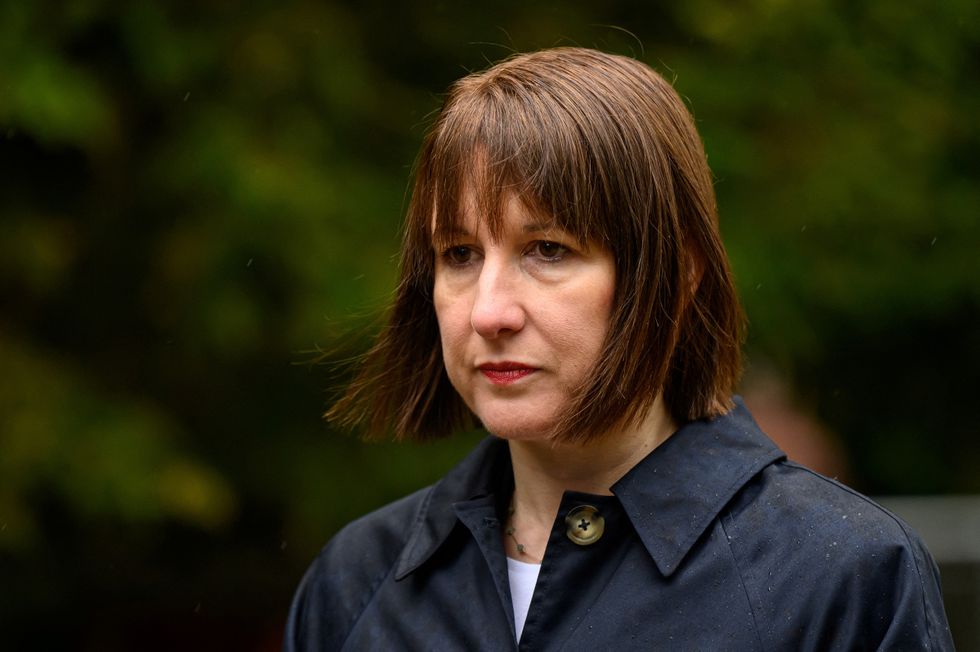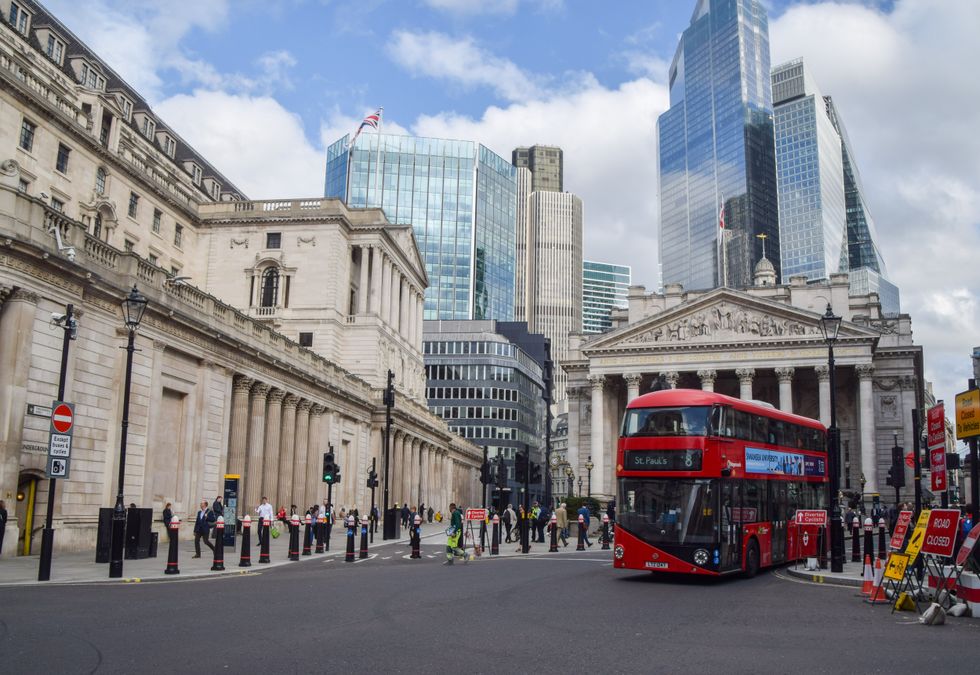Susanna Siddell
Guest Reporter
Chancellor Rachel Reeves is expected to announce a fresh raid on £2 bus caps in her maiden Budget this Wednesday.
Fares are estimated to quadruple if Reeves pushes ahead with the controversial move, with travel routes across the country expected to suffer.
The £2 limit, introduced by the last Conservative Government, is no longer considered fiscally sustainable for taxpayers and bus operators, Department for Transport (DfT) analysis seen by The Times has claimed.
The initial scheme has already cost £200million in the first 10 months of its implementation, with DfT analysis finding that each pound funded 71p to 90p of social and economic benefits.

While the cost of the current bus cap is approximately £350million each year, the Chancellor looks set to cushion the NHS with a further £10billion over a span of 18 months to foot the bill of 40,000 more hospital appointments each week.
Axing the £2 bus cap is expected to disproportionately impact rural towns, with fares outside urban areas rising by as much as £10.
A passenger price hike will likely result in less people opting to get the bus to work, school and hospital appointments.
Director of policy and research at the Campaign for Better Transport Silviya Barrett said that the £2 cap had brought bus transport back to life, arguing for the cap to remain in place.
LATEST DEVELOPMENTS:
She said: “Taking the bus shouldn't be a financial burden and raising the cap or scrapping it entirely could leave passengers struggling to afford travel on lifeline services.
Policy director at Confederation of Passenger Transport Alison Edwards also argued that the cap's removal would be "catastrophic for passengers" with a "knock-on effect on bus services".
She highlighted that rural towns which rely on bus-based tourism would lose out.
As bus operators prepare for the £2 cap cut, The Telegraph has reported that they are "largely resigned" to the scrap, but are seeking to allow a raise only as high as £2.50.

Reeves will explain that the sacrifices made in the Budget will be a result of Labour's supposed fiscal inheritance from Rishi Sunak's Government.
However, the Leader of the Opposition repeatedly denied claims that he left Labour with the worst economic inheritance in a generation.
The former Prime Minister instead insisted that Labour inherited the fastest growing economy in the G7 and argued that Sir Keir Starmer's persistent negativity has had a "damaging impact on consumer and business confidence."
Preparing the country for her Budget this week, Reeves' could not help but take another swipe at her Tory rivals.
She said: “Sunak and Hunt will not be able to say this did not happen on their watch.
"We had a Tory Government which promised low taxes, but they lost control. What business wants is stability.”
Find Out More...
Fares are estimated to quadruple if Reeves pushes ahead with the controversial move, with travel routes across the country expected to suffer.
The £2 limit, introduced by the last Conservative Government, is no longer considered fiscally sustainable for taxpayers and bus operators, Department for Transport (DfT) analysis seen by The Times has claimed.
The initial scheme has already cost £200million in the first 10 months of its implementation, with DfT analysis finding that each pound funded 71p to 90p of social and economic benefits.

While the cost of the current bus cap is approximately £350million each year, the Chancellor looks set to cushion the NHS with a further £10billion over a span of 18 months to foot the bill of 40,000 more hospital appointments each week.
Axing the £2 bus cap is expected to disproportionately impact rural towns, with fares outside urban areas rising by as much as £10.
A passenger price hike will likely result in less people opting to get the bus to work, school and hospital appointments.
Director of policy and research at the Campaign for Better Transport Silviya Barrett said that the £2 cap had brought bus transport back to life, arguing for the cap to remain in place.
LATEST DEVELOPMENTS:
- What to expect from Rachel Reeves's Budget - Britons urged to brace themselves for 'hasty tax grab'
- Drivers demand urgent law changes in Budget as Reeves prepares tax raid on motorists
- EXCLUSIVE: Shock new data reveals 14m overseas nationals issued NI numbers over last 20 years
She said: “Taking the bus shouldn't be a financial burden and raising the cap or scrapping it entirely could leave passengers struggling to afford travel on lifeline services.
Policy director at Confederation of Passenger Transport Alison Edwards also argued that the cap's removal would be "catastrophic for passengers" with a "knock-on effect on bus services".
She highlighted that rural towns which rely on bus-based tourism would lose out.
As bus operators prepare for the £2 cap cut, The Telegraph has reported that they are "largely resigned" to the scrap, but are seeking to allow a raise only as high as £2.50.

Reeves will explain that the sacrifices made in the Budget will be a result of Labour's supposed fiscal inheritance from Rishi Sunak's Government.
However, the Leader of the Opposition repeatedly denied claims that he left Labour with the worst economic inheritance in a generation.
The former Prime Minister instead insisted that Labour inherited the fastest growing economy in the G7 and argued that Sir Keir Starmer's persistent negativity has had a "damaging impact on consumer and business confidence."
Preparing the country for her Budget this week, Reeves' could not help but take another swipe at her Tory rivals.
She said: “Sunak and Hunt will not be able to say this did not happen on their watch.
"We had a Tory Government which promised low taxes, but they lost control. What business wants is stability.”
Find Out More...